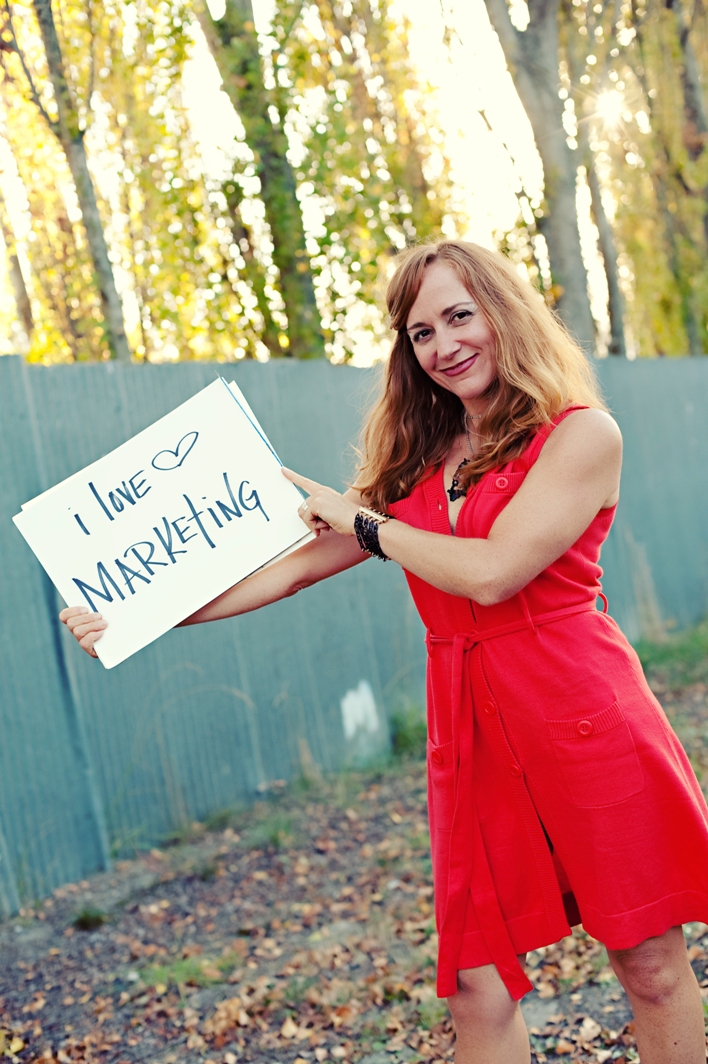What Squirrels and Marketing Have In Common
I’ve been having a lot of fun lately watching the squirrels in our yard scurry to and fro. They run up a tree, down a tree, along the fence, down the fence, leap from one branch to another, then back to the fence, then back to the tree. Then they chase a buddy squirrel around the tree, along the fence and back up the tree. Then they stop for 15 seconds to catch their breath (I’d be wheezing if I were a squirrel!) … then off they go again.
It’s an exhausting life being a squirrel. So much food to gather and hide; so little time before winter comes.
Watching the squirrels this morning got me to thinking about marketing. I know … it’s an oddly random way to get from point A (squirrels) to point B (marketing), but hear me out.
Even with all that scurrying around – with all that food-caching going on – I’ll bet you 99% of the squirrels in the world don’t remember where 99% of their nuts and seeds are, 20 minutes after they hide them. While there may be some sort of squirrel science involved here, to me it looks completely haphazard.
Which is how I got from squirrels to marketing. (Brains like mine tend toward random free-association.) So today’s post is about my theory of “squirrel marketing”.
If you’re scurrying around in your marketing efforts using a relatively haphazard plan (trying to figure out the best and most cost-effective ways to market your business, your product or your service) you’re not going to see the results you’re hoping for.
Squirrel marketing does not work.
Running up and down very tall trees all the time … with nothing more than a haphazard approach … will not only make you dizzy, it will always give you less than stellar results.
Here are two things you should do right now that will get the results you need to stay successful and profitable.
- Say goodbye to shotgun advertising. Instead of the Yellow Page ad you buy every year that is completely haphazard in who it reaches, send out a monthly or quarterly email newsletter to the people who already know you, like you and trust you. Target your marketing to those people who are most likely to continue to buy from you, and who will happily tell their friends and family about you. The savings you’ll get from email marketing will easily leave you with more money for #2 … which is …
- Say hello to being online – big time. Today, your website is likely your most important piece of marketing – and one that you can’t ignore any longer! If your site is more than 18 months old, you need to upgrade. You don’t necessarily need a whole new site, but you do need some new features and you definitely need fresh new content. The world is trying to find you online these days – and I’ll bet that they’re not finding you very easily. They also expect a whole lot more from your website. Is yours up to their expectations?
If you’re worried about generating new business by letting go of things like your Yellow Page ad, stay tuned – because that’s the next subject I’m going to cover. There are many ways of generating new business these days that are infinitely more effective and much less expensive.
Whatever your marketing plan looks like, make sure your plan is cohesive, focused and targeted, rather than haphazard and ineffective. No more squirrel marketing.






“…Yellow Page ad you buy every year that is completely haphazard in who it reaches…”
Where do you come up with this stuff?? Having a yellow pages book devliered to every household and business in the community is “haphazard”, compared to an interent search which yields 1.8 million sites for a shopper to cull thru to find a businesses website??
Yellow Pages/Phone Books are not delivered to every household and business. In fact, just one week after Seattle announced their Yellow Pages Opt-out program, over 16,000 households opted out of 105,000 phone books. “Seattle targeted the increasingly irrelevant books with a tough law passed last fall, requiring phone-book distributors to get a license, print a front-cover, opt-out message, pay a per-book fee, and honor cancellation requests or face penalties.” We mostly work with small businesses who will not have the issue of 1.8 million sites on a search with Local Search and options such as Google Places. Personally, I haven’t picked up a phone book in about 5 years.